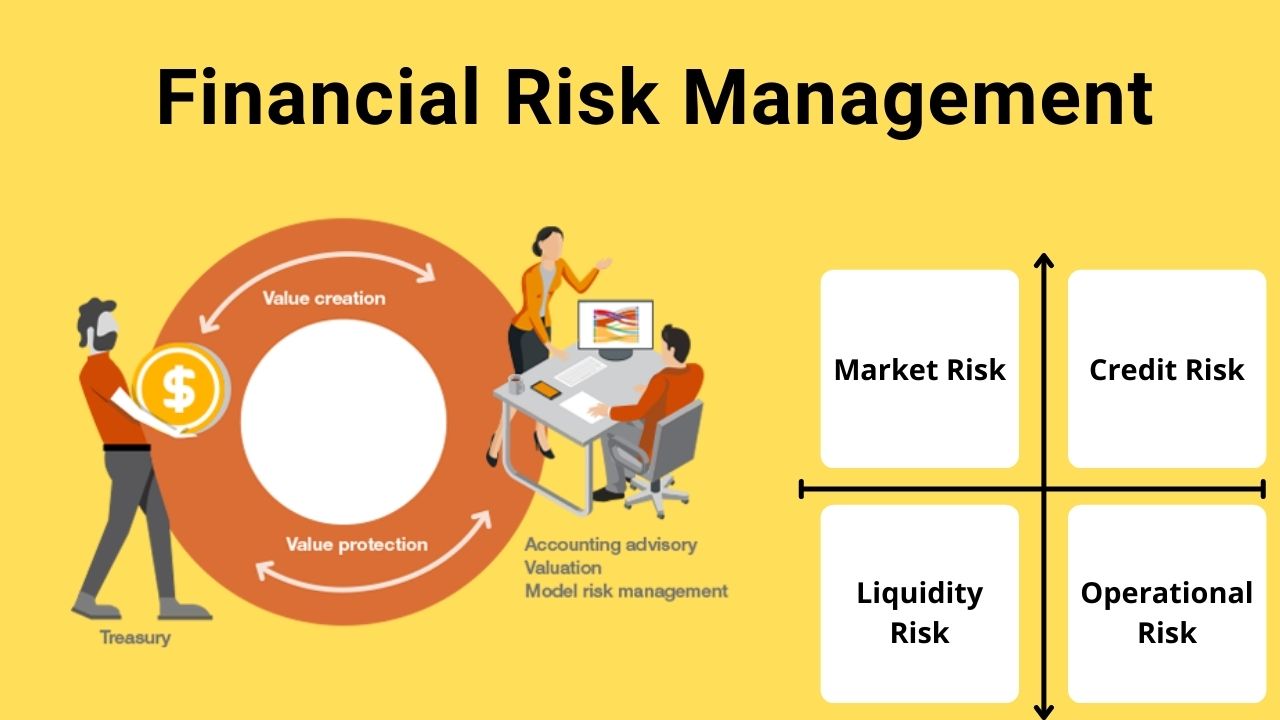Corporate finance is a specialized branch of finance that deals with the financial management and decision-making processes within a company or corporation. It involves analyzing and maximizing the value of the firm by making sound investment decisions, managing risk, and optimizing the allocation of resources. Corporate finance encompasses a range of activities, including capital budgeting, financial planning, capital structure management, and mergers and acquisitions. It plays a crucial role in ensuring the long-term sustainability and profitability of businesses in today’s complex and dynamic economic environment.
Section 1: Capital Budgeting and Investment Decisions
One of the primary objectives of corporate finance is to identify and evaluate investment opportunities that can generate returns for the company. Capital budgeting is the process of analyzing and selecting projects that offer the best risk-return tradeoff. It involves estimating cash flows, assessing the project’s risk profile, and applying various evaluation techniques such as net present value (NPV), internal rate of return (IRR), and payback period. Through effective capital budgeting, companies can allocate their financial resources efficiently and make informed decisions about investments that will create long-term value.
Section 2: Financial Planning and Forecasting
Financial planning is a critical component of corporate finance as it involves setting financial goals, developing strategies, and creating budgets to achieve those objectives. It encompasses forecasting future revenues, expenses, and cash flows to ensure the company has adequate funds to meet its obligations and pursue growth opportunities. Financial planning also involves analyzing the impact of various scenarios and conducting sensitivity analysis to identify potential risks and develop contingency plans. By adopting robust financial planning practices, companies can enhance their ability to adapt to market changes and make informed strategic decisions.
Section 3: Capital Structure Management
Capital structure management refers to the process of determining the right mix of debt and equity financing for a company. It involves evaluating different sources of capital, assessing their costs, and selecting the optimal combination that minimizes the company’s overall cost of capital. Achieving an optimal capital structure is crucial as it affects a company’s risk profile, financial flexibility, and cost of capital. Corporate finance professionals analyze factors such as tax implications, interest rates, and market conditions to make informed decisions about debt issuance, equity offerings, and dividend policies.
Section 4: Mergers and Acquisitions
Mergers and acquisitions (M&A) are strategic transactions that involve the consolidation of companies or the purchase of one company by another. Corporate finance plays a significant role in assessing the financial viability and value-creation potential of such transactions. It involves conducting due diligence, valuing the target company, negotiating deal terms, and raising the necessary capital. M&A activities can help companies achieve economies of scale, expand into new markets, diversify their product offerings, or gain access to new technologies. However, they also carry risks such as integration challenges and financial strain, which must be carefully managed.






